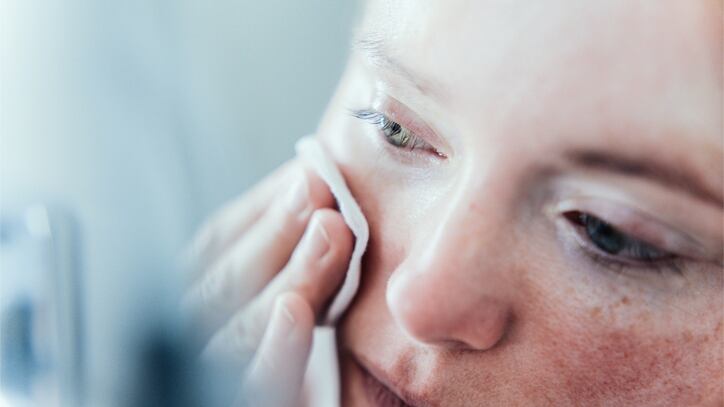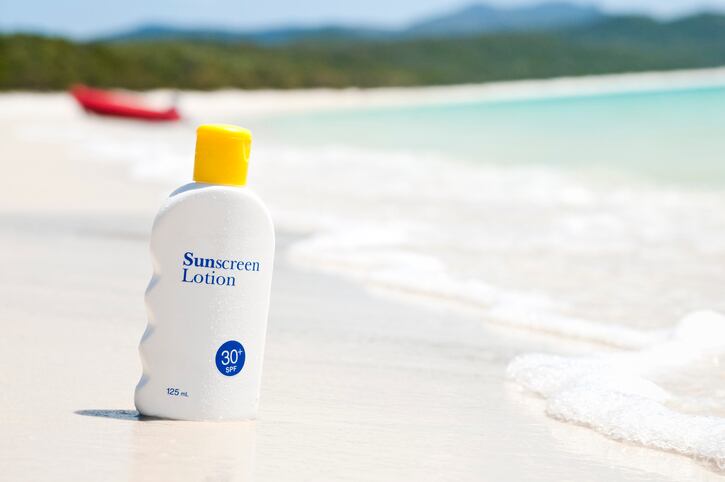A review was recently published in Cosmetics from Proctor and Gamble, by Miranda Farage, investigating the psychological impact of sensitive skin syndrome on consumers.
Farage found that not only does sensitive skin syndrome cause psychological impacts, but those impacts can negatively affect the skin and worsen the symptoms.
“This becomes a vicious cycle that impacts consumers’ quality of life and well-being,” Farage said. “In order to better understand the sensitive skin syndrome individual, we need to also be aware of the psychological factors that can trigger and/or worsen this skin condition, as well as the psychological stresses the condition places on the individual.”
Low-down on sensitive skin syndrome
While studies cited by Farage show between 40% and 71% of the population may suffer from sensitive skin syndrome, particular characteristics can make an individual more like to experience the condition.
Individuals most likely to experience sensitive skin syndrome are:
- Biologically female
- Fair skinned
- More susceptible to sunburn and blushing
- In the Fitzpatrick types I-IV
Unlike other dermatological conditions, Farage said sensitive skin syndrome doesn’t have objective, observable symptoms like redness or swelling. Instead, individuals experience a variety of unpleasant sensations like itching, burning, tingling and pain.
These symptoms may be caused by a wide variety of internal and external stimuli. The condition can affect any skin and is often accompanied by other skin conditions, like acne, atopic dermatitis, psoriasis, rosacea, vitiligo and contact dermatitis.
Consumer response linked to psychological stress
In order to manage sensitive skin syndrome, individuals have to identify and avoid factors that are causing symptoms, which Farage said can cause psychological impacts.
Among those surveyed with sensitive skin syndrome, many everyday triggers were identified including hot and cold weather, rough fabric, face wash, personal care products, household products and biological cycles.
Previous research has shown fatigue and sleep disorders are often experienced by individuals with inflammatory skin conditions.
In one study, half of those who reported having a sleep disorder also reported experiencing sensitive skin syndrome. Those with sensitive skin syndrome also reported sleep disorders at more than twice the rate of those who did not have the condition.
Farage also said anxiety, emotional distress and depression are frequently linked to many conditions, including dermatological conditions. Research has indicated stressors can worsen the itching sensation in skin conditions.
Stress has also been identified as a trigger for dermatological conditions like psoriasis, rosacea and atopic dermatitis. One study cited by Farage found those with sensitive or very sensitive skin reported emotions affecting their skin at a higher rate than those with slight or low sensitivity.
Additionally, Farage said those with sensitive skin syndrome may experience a lower quality of life than those without because of the measures required to avoid daily triggers.
“Attempts to avoid such factors in order to circumvent the onset of SSS symptoms can result in restriction of outdoor or indoor activities important for social interactions, leisure, recreation and fitness,” Farage said.
Understanding how sensitive skin syndrome affects an individual's psychological state, and in turn, how that psychological state may inflame the condition, can inform brands, consumers and practitioners of appropriate treatments and the impact of a holistic well-being approach, she said.
Source: Cosmetics
Cosmetics 2022, 9(4), 78; https://doi.org/10.3390/cosmetics9040078
Title: Psychological Aspects of Sensitive Skin: A Vicious Cycle
Author: Miranda A. Farage



